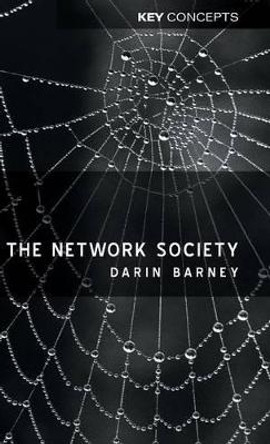Description
Just what is the "participatory condition"? It is the situation in which taking part in something with others has become both environmental and normative. The fact that we have always participated does not mean we have always lived under the participatory condition. What is distinctive about the present is the extent to which the everyday social, economic, cultural, and political activities that comprise simply being in the world have been thematized and organized around the priority of participation.
Structured along four axes investigating the relations between participation and politics, surveillance, openness, and aesthetics, The Participatory Condition in the Digital Age comprises fifteen essays that explore the promises, possibilities, and failures of contemporary participatory media practices as related to power, Occupy Wall Street, the Arab Spring uprisings, worker-owned cooperatives for the post-Internet age; paradoxes of participation, media activism, open source projects; participatory civic life; commercial surveillance; contemporary art and design; and education.
This book represents the most comprehensive and transdisciplinary endeavor to date to examine the nature, place, and value of participation in the digital age. Just as in 1979, when Jean-Francois Lyotard proposed that "the postmodern condition" was characterized by the questioning of historical grand narratives, The Participatory Condition in the Digital Age investigates how participation has become a central preoccupation of our time.
Contributors: Mark Andrejevic, Pomona College; Bart Cammaerts, London School of Economics and Political Science (LSE); Nico Carpentier, Vrije Universiteit Brussel (VUB - Free University of Brussels) and Charles University in Prague; Julie E. Cohen, Georgetown University; Kate Crawford, MIT; Alessandro Delfanti, University of Toronto; Christina Dunbar-Hester, University of Southern California; Rudolf Frieling, California College of Arts and the San Francisco Art Institute; Salvatore Iaconesi, La Sapienza University of Rome and ISIA Design Florence; Jason Edward Lewis, Concordia University; Rafael Lozano-Hemmer; Graham Pullin, University of Dundee; Trebor Scholz, The New School in New York City; Cayley Sorochan, McGill University; Bernard Stiegler, Institute for Research and Innovation in Paris; Krzysztof Wodiczko, Harvard Graduate School of Design; Jillian C. York.
About the Author
The editors are affiliated with the Department of Art History and Communication Studies and the interdisciplinary research hub Media@McGill at McGill University. Darin Barney, associate professor, is author of Communication Technology, The Network Society, and Prometheus Wired. Gabriella Coleman, associate professor, is author of Hacker, Hoaxer, Whistleblower, Spy and Coding Freedom. Christine Ross, professor and the director of Media@McGill, is author of The Aesthetics of Disengagement (Minnesota, 2005) and The Past Is the Present. Jonathan Sterne, professor, is author of MP3 and The Audible Past. Tamar Tembeck, academic associate at Media@McGill, is the editor of Auto/Pathographies.
Book Information
ISBN 9780816697717
Author Darin Barney
Format Paperback
Page Count 360
Imprint University of Minnesota Press
Publisher University of Minnesota Press
Dimensions(mm) 216mm * 140mm * 51mm







